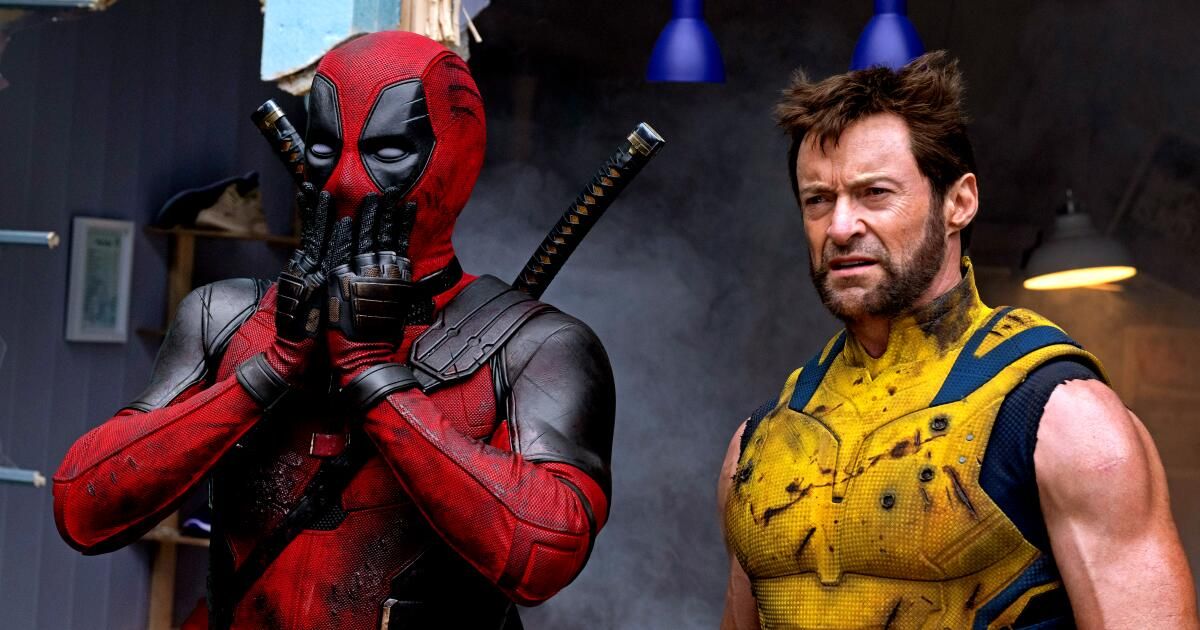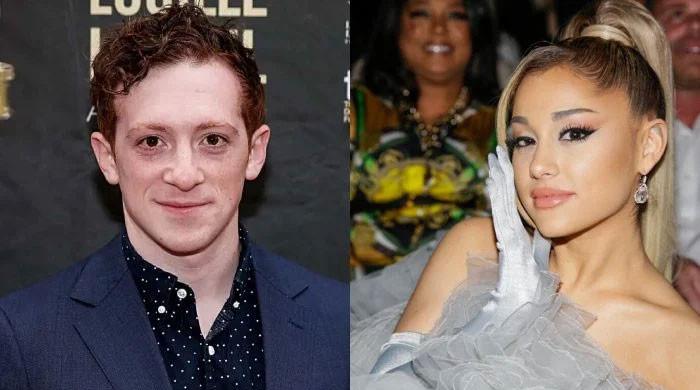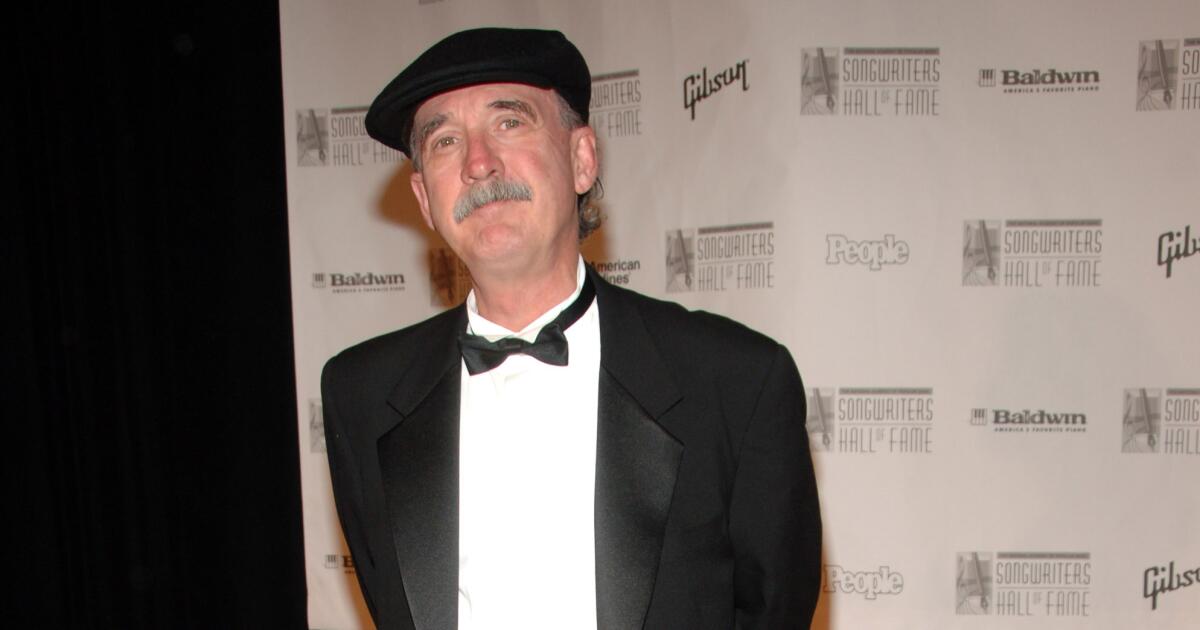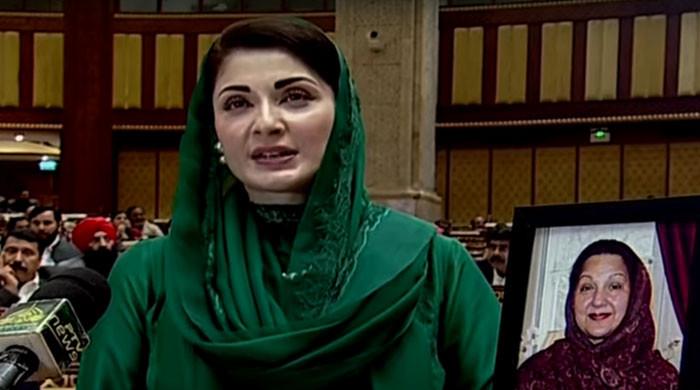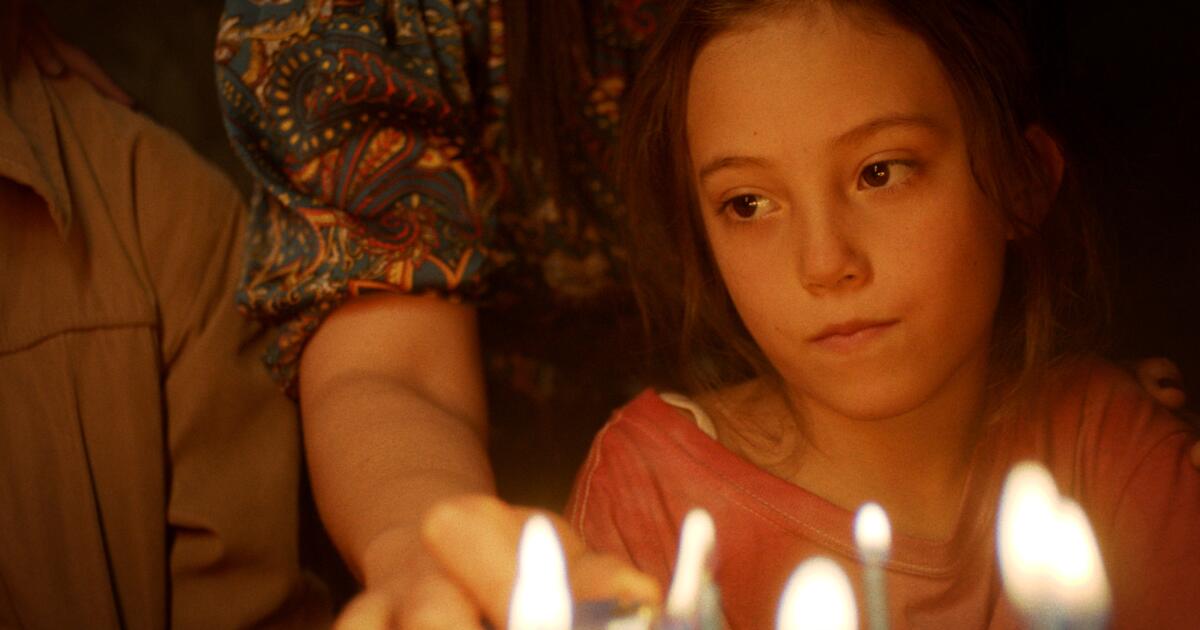Foul-mouthed superheroes, babbling Minions and plenty of anxiety (of the animated kind) have propelled this summer's box office beyond the doldrums of winter and spring, marking a bright spot in an otherwise gloomy industry.
Summer box office grosses (as of the first Friday in May), driven by a slew of sequels, are estimated to total roughly $3.6 billion through Labor Day weekend, according to Paul Dergarabedian, senior media analyst at Comscore.
That’s down from last year’s $4 billion haul, driven by “Barbie” and “Oppenheimer,” but still up from the summer totals of 2022, 2021 and 2020 — a positive sign for theater owners and studio executives who endured a tough January-May stretch of limited, underperforming films.
And with a highly anticipated fall and winter film lineup including “Beetlejuice,” “Wicked” and “Moana 2,” industry experts are even more optimistic for the end of the year and beyond.
“If we can keep this same momentum that we have this summer going into the fall and then into early 2025, I think exhibition will be very happy,” said Jim Orr, president of theatrical distribution for Universal Pictures. “We can truly say we’re back.”
The optimism is a far cry from earlier this year, when the industry was collectively wringing its hands as the box office struggled to captivate audiences. That concern turned to panic on Memorial Day, when films like “Furiosa: A Mad Max Saga” and “Garfield” failed to meet expectations, leading to the worst Memorial Day weekend box office in nearly three decades.
(“Garfield” ended up grossing more than $257 million at the worldwide box office on a reported budget of $60 million.)
Industry observers now view that five-month period as the nadir of the theatrical crisis, driven in part by a persistent slowdown due to the pandemic and dual strikes by writers and actors, which disrupted film production and marketing.
“This industry was hit by a double whammy,” said Charles Rivkin, president of the Motion Picture Association. “First we had COVID, which turned our $11 billion industry into zero overnight. And then when we recovered from that, we immediately had the strikes.”
At the start of the season, morale was low. Except for a few hits, such as Disney's “Kingdom of the Planet of the Apes,” May's releases (from Universal's “Fall Guy” to Warner Bros.' “Furiosa”) were mostly flops.
“Expectations for 2024 were definitely tempered,” Dergarabedian said. “We didn’t have a Marvel movie to kick off the summer.”
But starting in June, with “Bad Boys: Ride or Die,” the box office began to pick up. It would be the first of several sequels that would boost the all-important summer box office.
Animated films helped drive the rally.
“Inside Out 2” and “Despicable Me 4” both posted blockbuster numbers, which is notable because animation was one of the slowest genres to recover from the pandemic due to families’ wariness to return to theaters and the ease of watching movies on streaming platforms.
With several animated films set to open later this year, global household box office receipts could reach $6.1 billion, surpassing the 2018 total, said David A. Gross, who publishes the film industry newsletter FranchiseRe.
“It’s fair to say that since ‘Super Mario’ in the spring of 2023, family moviegoing has returned to pre-pandemic levels,” he said.
To date, the domestic box office has generated about $5.6 billion, up from $6.6 billion at this time last year, according to Comscore. But the summer box office has made up a lot of ground.
“I don’t like spiking the ball on the five-yard line, but I think we’re on the right track,” said Rich Gelfond, chief executive of Imax Corp., the giant-screen technology company that operates in Playa Vista. “We’re definitely on the right track to get back on track.”
One reason for the recovery was that Walt Disney Co. got back on track this summer, helped by “Inside Out 2.”
Pixar’s animated sequel to 2015’s “Inside Out” grossed $1.6 billion worldwide, making it the highest-grossing animated title of all time and the highest-grossing film of the summer season. Then Disney-owned Marvel Studios made a splash with the R-rated “Deadpool & Wolverine,” which racked up $1 billion in global receipts and became the second-highest-grossing film of the summer.
“Historically, there’s been a ceiling on R-rated movies simply because a lot of kids can’t come,” said Greg Marcus, chief executive of Marcus Theatres, a Milwaukee, Wisconsin-based chain with about 80 locations in 17 states.
But the film's reception “speaks to the clamor for a product. People say, 'If you build it, we'll come,'” he said.
The box office performances of Pixar and Marvel were significant, as Disney's key brands have struggled to deliver consistent results in recent years. The House of Mouse's unusually weak track record post-pandemic was one reason box office analysts drastically reduced opening weekend projections for “Inside Out 2.”
“We all had high hopes for that movie,” said Sean Gamble, chief executive of Cinemark, the Plano, Texas-based movie theater chain that has more than 300 theaters, including 20 in Southern California. “We certainly did, but it turned out to be much more than we expected. It’s probably one of the most successful movies we’ve seen in a long, long time.”
Tony Chambers, Disney’s executive vice president of theatrical distribution, said, “Quality matters and quality delivers,” echoing a key point from Disney CEO Bob Iger, who ordered sweeping cuts across the company to stem losses from its streaming business and ordered creative departments to focus on theatricals and not produce as much content.
Appealing to a broader, more multicultural audience doesn't hurt either, Chambers said.
“It sounds very simple, but if you cast the net far enough, you’re likely to catch more fish,” he said. “That’s been the common denominator of all the films that have worked successfully this summer.”
To be sure, the film industry still faces enormous challenges, despite this summer's minor respite. Box office revenues are still below pre-pandemic levels, and it's unclear whether they will ever fully recover as consumer habits change.
So far this summer, theaters across the U.S. have sold 274 million tickets, down 18% from last summer, according to industry data firm EntTelligence. That figure pales in comparison to the 406 million tickets sold in the summer of 2019, a time when moviegoers were not yet accustomed to watching big releases at home via streaming services.
Additionally, financing films has become more difficult as interest rates have risen. China is no longer a reliable market for boosting box office revenue for American films. And studios have slashed budgets and laid off thousands of employees as they struggle to balance their massive spending on streaming services with lower-than-expected returns.
Still, if box office revenues in the second half of this year fall just 10% compared with pre-pandemic levels, that would be a good outcome, Gross said.
And this summer, the surge was led by a plethora of sequels.
“Sometimes people wonder, ‘Are there too many sequels?’” Gamble said. “Generally, with compelling stories, they work. And we’ve seen many, many examples of that over the summer.”
Of course, simply adding more chapters to a franchise doesn’t necessarily guarantee success (see: “Furiosa”). But this summer’s sequels have been “solid,” which has given the industry a certain level of reassurance.
“When these things happen and the box office is doing well, it benefits the whole business,” Gross said. “It helps everyone relax.”
While original and non-franchise films didn't lead the box office this year, they certainly gave it a boost.
Surprise hits like Neon’s masterfully marketed horror film “Longlegs” (the indie studio’s biggest film to date) and Sony’s adaptation of Colleen Hoover’s best-selling novel “It Ends With Us” weren’t as lucrative as “Deadpool” or “Inside Out 2.” But they played a major role, exceeding expectations and keeping the popcorn lines moving, as the “flowing” quote repeats.
“Every dollar counts in the summer, and those movies contributed significantly to the bottom line,” Dergarabedian said. “Every $20 million times five … that’s $100 million. So it all adds up to what turned out to be a pretty terrific summer.”
Emelyn Stuart, owner of Stuart Cinema and Cafe in Brooklyn, New York, said summer business has been “amazing” compared to last year. Her theater has only one screen, meaning she only has one chance at a time to pick a winner.
Last year, some of his picks included “Indiana Jones and the Dial of Destiny” as well as the DC Comics superhero film “The Flash,” which grossed just $271 million worldwide amid controversy surrounding its star, Ezra Miller.
This year, he chose “Bad Boys: Ride or Die,” “Despicable Me 4,” “Deadpool & Wolverine” and “A Quiet Place: Day One.” The variety of films available made for a winning combination, he said.
By fall, it plans to add a second screen to expand its options, particularly to attract family audiences.
“With 'Wicked,' with 'Beetlejuice,' with 'Joker,' I think we're going to end the year strong,” he said.

